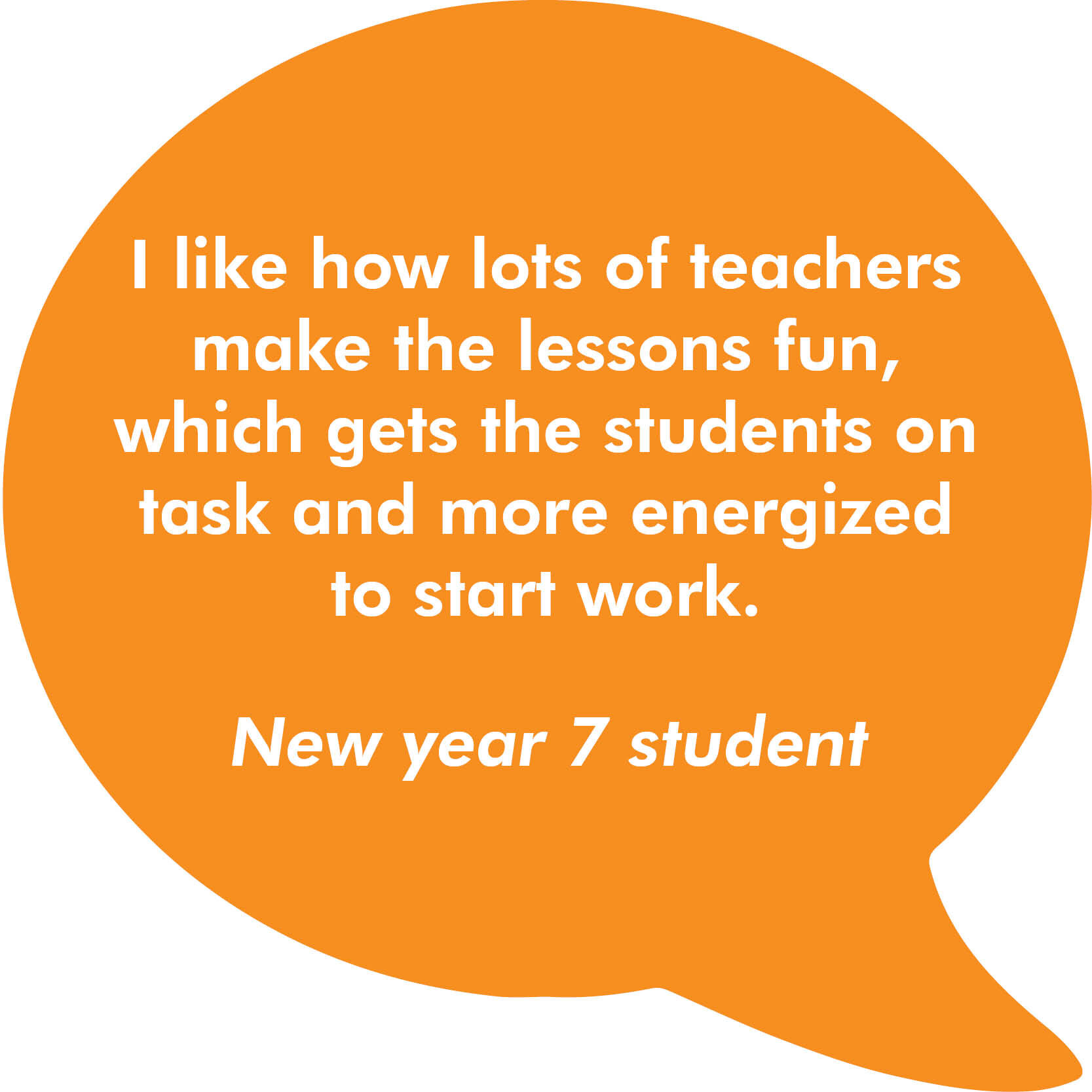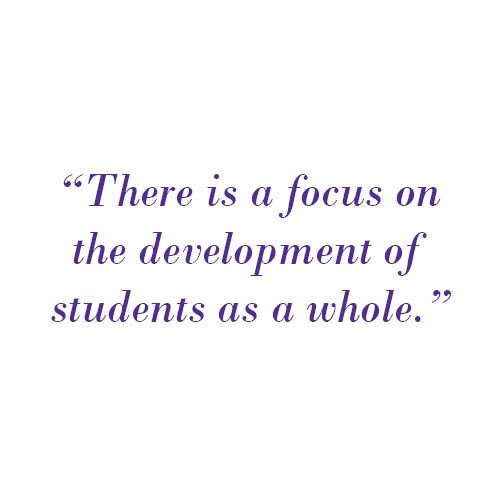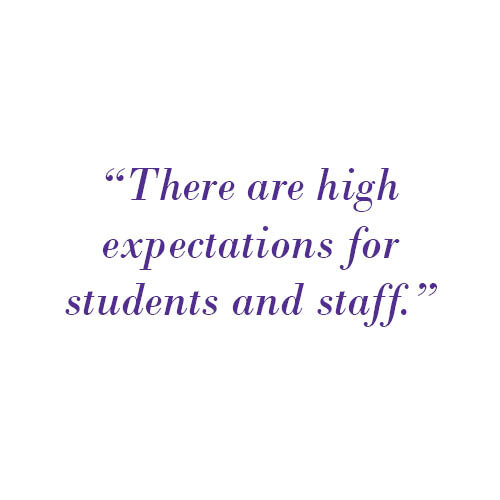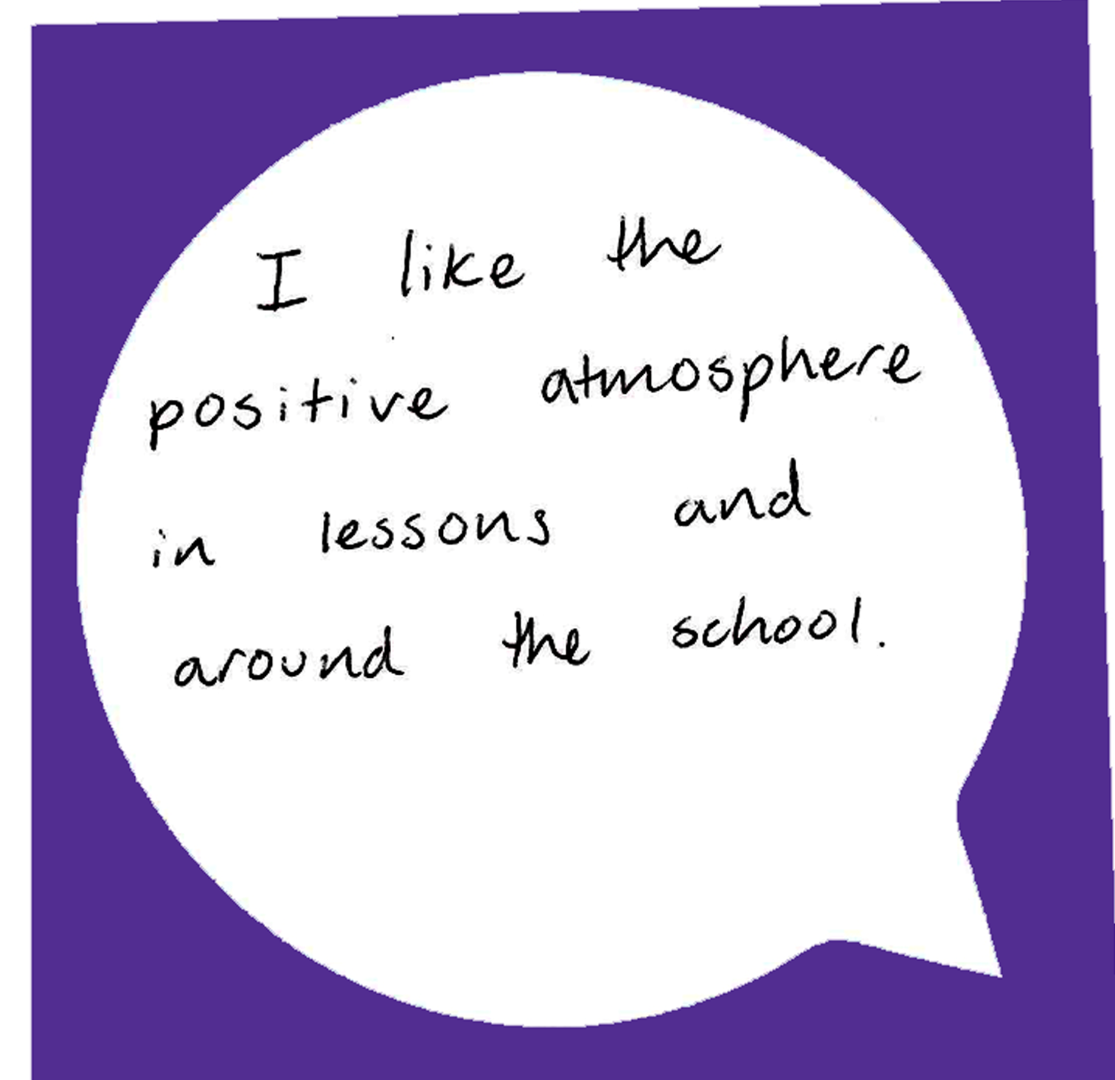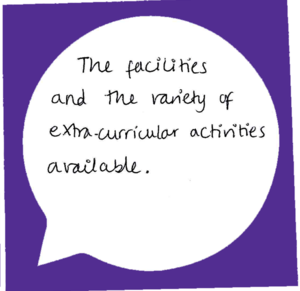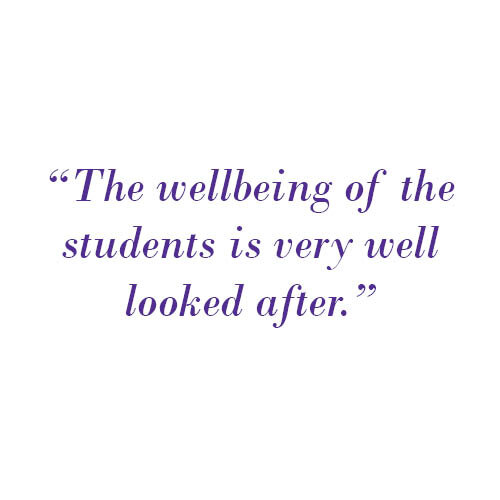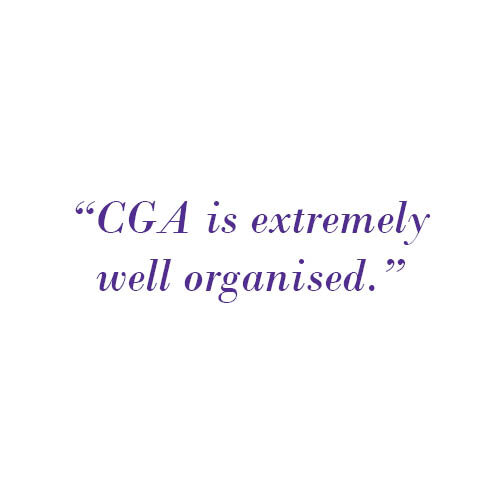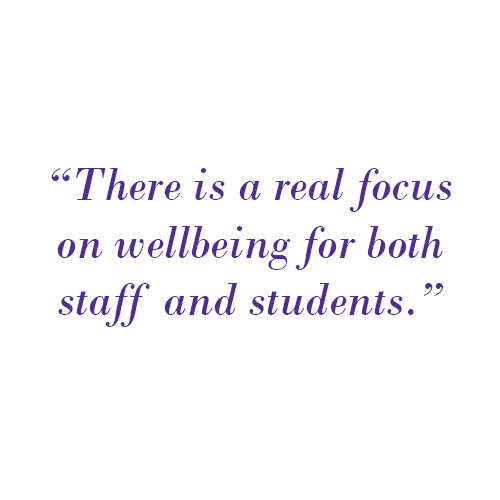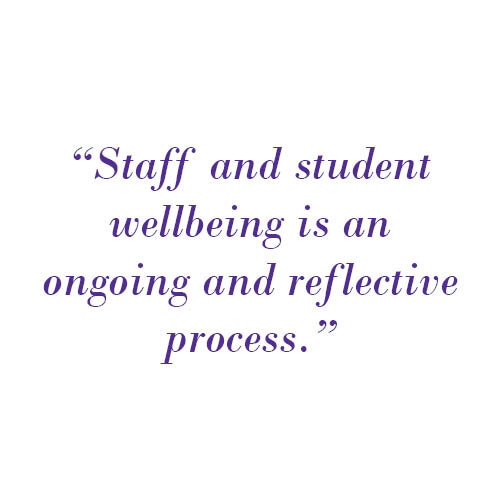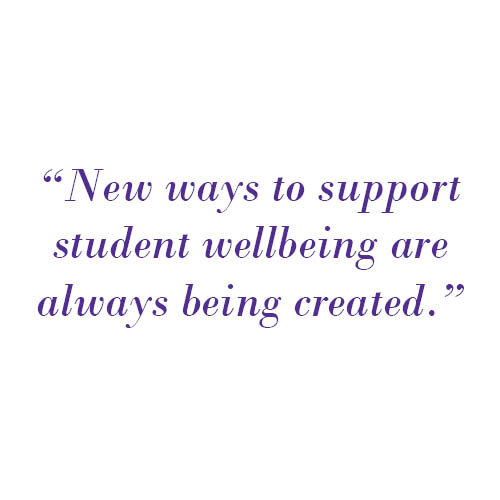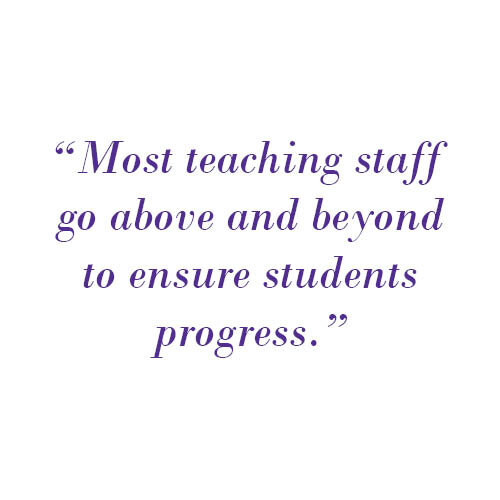Revision support
Key Stage 3 & 4
CLICK above for a great way to study using the Leitner system and flashcards.
Key Stage 5
Managing Exam Stress
CLICK pictures for:
How to help your child beat exam stress
Top Tips for Parents from the Mind Set Experts
Mind full or Mindful?
The exam period can be a very stressful time for students. For advice and support on how to help students during this time we have the following resources available to you.
CLICK to view or download:
You Can Cope
When life is difficult, it's important to be able to cope without feeling emotionally overwhelmed. Another word for this is 'resilience'. In other words, resilience is the ability to cope with upsetting or difficult life events and be the best we can be:
deal effectively with difficulties
become stronger and feel OK
bounce back
learn from mistakes and bad experiences and then be able to leave them behind.
7 scientific ways to beat exam panic
Psychology-inspired tips to help keep cool when under pressure in the exam hall. The best advice for those prone to panicking.
1. Take a deep breath
When under pressure, your brain becomes awash with hormones such as adrenaline and cortisol. In many cases, this makes people speed up, as they think they have less time left than they actually do.
Researchers have also discovered a vicious cycle between emotions and heart rate. The more stressed you are, the faster your heart beats. But a faster heart-rate is often interpreted as stress, which means a tough situation can quickly escalate. If you pause for a moment and take a deep breath, this helps everything slow down and break the cycle.
2. Read the question twice – without holding your pen
One of the most frequent mistakes made in an exam is misreading the question. For students who have low impulse control, try puting down your pen when reading the question. This will help counteract the urge to rush and write down an answer immediately.
Think back to your revision: have you answered similar questions before?
Even if you haven't faced the exact same question before, remembering a successful thought process can help get you started. This is because it helps you to be aware of your thought processes and select an effective way of thinking about a problem, rather than panicking. This concept of thinking about your thinking, known as metacognition, has been found to be one of the most effective strategies for improving self-awareness and self-regulation.
3. What would your teacher say?
Place yourself in the shoes of someone older or wiser. Over the previous months your teachers will have repeatedly given advice and suggestions on how best to go about answering a question. Asking “What would my teacher say?” should help you get on track.
4. Better to guess the answer than leave it blank
Write nothing at all and you are guaranteed to get zero. You have nothing to lose if it goes wrong. The only caveat here is at university, where some exams are negatively marked.
5. Stick to your exam strategy
It’s easy, when faced with a tricky question, to feel put off and demoralised. But having an exam strategy can help you stay focused.
6. Secrets of the teenage brain: a psychologist's guide for teachers
Our brains crave certainty and control. When we feel unsure of what to do, or that we have no influence on the outcome, we tend to feel more stressed and anxious. By focusing on a pre-prepared game plan, you can wrestle back this feeling of certainty and control.
7. Don’t put too much pressure on yourself
Some stress can help aid performance, but excessive pressure often stops you from thinking clearly. A sign that you are under too much pressure is thinking in extremes, for example saying “I have to get full marks” and “I must write at least four pages to answer this question”.
All-or-nothing thinking isn’t helpful. Practice self-compassion and be kind to yourself in the exam. Use words and phrases such as “sometimes”, “I could” or “I might”. For example, “I might write four pages in answer to this question, but if I’m struggling and running out of time, it’s better to move on.”
PiXL (Partners in Excellence)
PiXL is a partnership of over 1,600 secondary schools, 500 sixth forms, 600 primary schools and 75 providers of alternative education. sharing best practice to raise standards and give students a better future and brighter hope.
PiXL emerged in 2005 from the school improvement programme, the London Challenge and has grown to become the largest network of schools in England and Wales.
CLICK to download PiXL Parent Pamphlets:
Revision Nutrition
Eating the right foods during the exam season is important in ensuring that students have the power to perform and stay focused. Why not try out these performancing enhancing recipe, by celebrity chef Mark Lloyd.
For more study based nutrition tips for a healthy exam season watch loads more cooking videos on The PiXL Club’s Vimeo channel: vimeo.com/thepixlclub



























